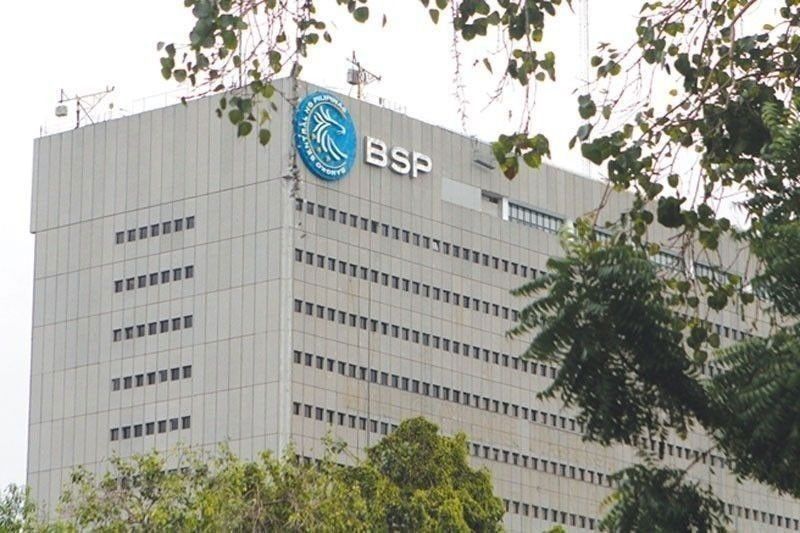BSP dangles sweetener in sale of banks’ bad loans

MANILA, Philippines — The Bangko Sentral ng Pilipinas (BSP) plans to extend temporary regulatory relief measures to convince banks to offload soured loans even at substantial discount to ensure a sound and safe financial system amid the global health crisis.
In a draft memorandum, the central bank said the proposed measures would encourage BSP-supervised financial institutions (BSFIs) to maximize the sale of non-performing assets (NPAs) under Republic Act 11523, otherwise known as the Financial Institutions Strategic Transfer or FIST Act of 2021.
“The guidelines recognize that BSFIs may need temporary regulatory relief, in addition to tax relief under the FIST Law, particularly on the timing of recognition of losses, so that they may be encouraged to maximize the sale of their NPAs even at substantial discount,” the BSP said.
In general, loans become NPAs when they are outstanding for 90 or more days and are not being repaid by the borrowers. The law covers assets that have become non-performing on or before Dec. 31, 2022.
For one, the proposed guidelines would allow banks and financial institutions to derecognize any excess of the carrying amount of the NPA over the proceeds received in the form of cash or financial instruments issued by the FIST corporations or special purpose vehicles (SPVs) representing an actual loss that should be charged to current period’s operations.
The loss arising from the sale, excluding accrued interests and penalties receivables and including losses that had not been previously offset as deduction from gross income, could be booked under the deferred charges account to be written down over a five-year period.
Likewise, BSFIs may use any existing specific allowance for credit losses on NPAs sold to cover any unbooked provision for bad debts or apply the excess as additional allowance for potential loan losses against remaining assets.
Banks that avail of the relief measure on the deferral of recognition of losses on the sale or transfer of NPAs are required to continue to report their actual capital adequacy ratio.
Furthermore, financial instruments received by selling BSFIs as payment for the sale or transfer of NPAs should be risk weighted in accordance with the applicable risk-based capital adequacy frameworks and should continue to comply with the Basel liquidity coverage, as well as net stable funding ratios.
The BSP is also finalizing the circular containing the guidelines governing the sale or transfer of NPAs by banks to FIST corporations or SPVs.
“The implementation of the FIST Act reinforces the BSFIs’ primary role of providing financial services and liquidity to support households, business enterprises and productive sectors of the economy by allowing BSFIs to dispose of their non-performing assets and increase their risk-bearing capacity,” the BSP said in the draft circular.
The regulator is also preparing the guidelines for obtaining a Certificate of Eligibility (COE) that would allow banks to avail themselves of the incentives and privileges for the sale or transfer of NPAs to a FIST corporations or an individual, and for transactions involving dacion en pago by the borrower or by a third party on behalf of a borrower.
Under the proposed guidelines, banks are required to submit its letter of intent, master list of NPAs, and secretary’s certificate on the approval of board of directors on the plan to sell or transfer NPAs to the BSP.
Based on estimates, the BSP expects the new law to ease the industry’s NPL ratio by 0.63 to seven percentage points and would help keep the banking system stable despite the effects of the COVID-19 pandemic.
The new law is similar to Republic Act 9182 or the Special Purpose Vehicle Act of 2002 that allowed the establishment and registration of special purpose vehicles to acquire non-performing assets and dispose them in the markets after the Asian financial crisis in 1997 and 1998.
Latest preliminary data from the central bank showed the industry’s NPL ratio eased to 3.61 percent in December after accelerating for 11 straight months to 3.78 percent in November.
- Latest
- Trending




























